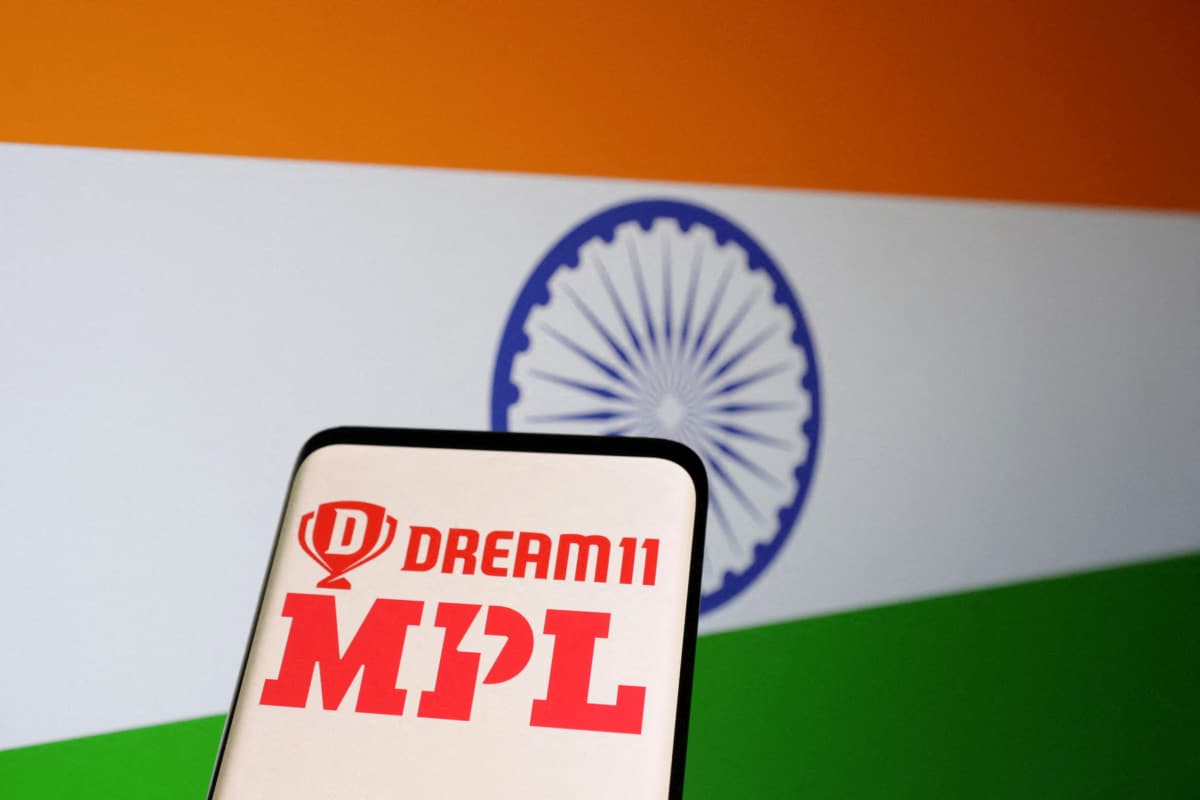
The Swadeshi Jagran Manch, an influential group in the country, will push for limits on entry fees for players of paid online games, potentially turning up the heat on a multi-billion-dollar industry that is preparing to lobby against tougher rules. The growing popularity of real-money games, driven by backing from top figures in cricket, a subcontinental craze, has prompted regulatory efforts to combat the risk of addiction, and reports of financial losses and suicides among young people. Such games could make up as much as 53 percent of a gaming market that is set to reach $7 billion (roughly Rs. 55,800 crore) by 2026, or three times its size last year, says research firm Redseer.
“Ticket size should be regulated. It should not be more than 50 rupees. This is an addiction,” said Ashwani Mahajan, an official of the Swadeshi Jagran Manch, which is seen as having significant influence on policy making in the country.
“We will talk to all concerned ministries about this,” he told Reuters.
Although equivalent to just $0.62 (roughly Rs. 50), the proposed cap represents a significant proportion of the Rs. 25, or 31 cents, typically spent by 97 percent of the users on an app such as Mobile Premier League, for example.
The tiny remaining share of 3 percent users contribute 30 percent of the platform’s revenue by playing higher ticket-sized games, one industry source estimated.
Tuesday’s comments by the group, the economic wing of the ideological parent of the ruling Bharatiya Janata Party (BJP), come after a government panel called for a new regulatory body and recommended deposit and withdrawal limits.
The measures, in a confidential draft reported last week by Reuters, have alarmed an industry in which Tiger Global and Sequoia Capital have invested in providers of fantasy sport games such as Dream11, MPL and Games24X7 that offer cricket and other paid contests.
Dream11 commands a valuation of $8 billion (roughly Rs. 63,800 crore), while MPL and Games24X7 are valued at about $2.5 billion (roughly Rs. 19,940 crore) each, PitchBook data shows.
Although the panel report did not fix any fee ceiling, four senior gaming industry sources who spoke on condition of anonymity have said such a move would affect revenues and the growth potential of platforms.
They vowed to raise their concerns with the government.
The information technology ministry, which set up the government panel, and some top officials of ministries such as revenue and sports who figure on it, did not immediately respond to a request for comment.
MPL declined to comment. The other two firms did not immediately respond to requests for comment.
Sameer Barde, chief executive of the E-Gaming Federation, a grouping that represents MPL and Games 24X7, said companies “can’t really function” with a uniform restriction on deposits and called such limits “unfair” to players.
The new federal rules aim to resolve industry complaints on “inconsistent” regulations by state governments, differing court rulings on which games are governed by skill or chance, and addiction concerns, the panel’s draft showed.
Another worry for the industry is a government plan for a regulator to assess if a game is based on skill or chance.
Such federal scrutiny, two sources said, stands to have greater impact on the Sequoia Capital-backed MPL, since it offers about 70 real-money games, while Dream11 has just seven fantasy sport games, including cricket and soccer.
“Most of the matured industry is quite clear that regulation will only help,” said Barde.
“But the concern is that if it takes an inordinately long time for approvals to come through, you might become irrelevant in the market by then.”
© Thomson Reuters 2022





